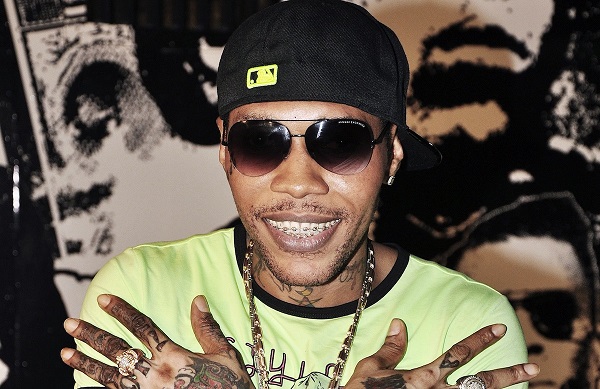Jamaican dancehall artist Vybz Kartel is to be freed from prison after his murder conviction was overturned in March, a court ruled today.
The 48-year-old artist was handed a life sentence in 2014 after his 2011 arrest for the killing of Clive ‘Lizard’ Williams – whose body was never found – but now, after 13 years behind bars, he has been freed following a successful appeal.
Kartel and his co-accused Shawn ‘Storm’ Campbell, Kahira Jones, and Andre St. John will not face a new trial, the Court of Appeal ruled today in a unanimous decision.
Justice Marva McDonald-Bishop announced the decision, as per Fox 5: ‘We conclude that the interest of justice do not require a new trial to be ordered for the appellants.’
The judge continued, as per Dancehall Mag: ‘We therefore make the following order: judgments and verdicts of acquittal are entered in relation to the appellants.’
She added: ‘That is it. The appellants are free.’
In March the successful appeal – heard by the Privy Council in London, Jamaica’s highest court of appeal – argued that a juror accused of attempting to bribe others should have been thrown off the trial.
Despite overturning the convictions, the Privy Council did not free the men, instead passing the decision to the Court of Appeal.
The musician, real name Adidja Palmer, is one of the Caribbean island’s most popular musical artists, and has worked with the likes of Rihanna and Jay-Z.
Kartel is also known for his 2009 Major Lazer collaboration Pon De Floor which was sampled on Beyoncé’s Run the World (Girls).
In 2014, the 64-day trial – the longest in Jamaica’s history – sentenced the co-accused to life in prison.
St John and Kartel received 35 years and 30 years minimum, while Campbell and Jones received 25 years minimum.
Kartel and his co-accused have maintained their innocence throughout.
The musician – known by nicknames Worl’ Boss and Di Teacha – is credited as having been one of Drake’s ‘biggest inspirations’ and continued to morph the dancehall genre, releasing music from behind bars.
In an interview five years after his incarceration via his lawyer with Rolling Stone, Kartel explained that he had a big song back catalogue, and wasn’t in fact recording in jail.
‘I’ve always been a prolific songwriter, and I record at breakneck speed as well, so I have a lot of surplus material to choose from,’ Kartel said.
‘There is a recording studio at another correctional facility [in Jamaica] but none here … cellphones, laptops, or any Internet-capable instrument are prohibited items.’
Metro.co.uk





